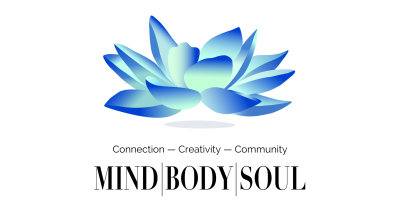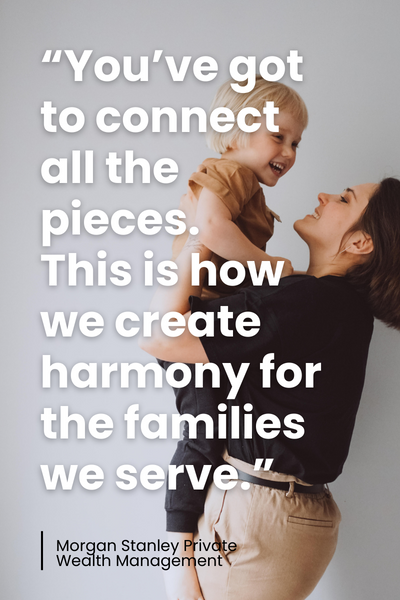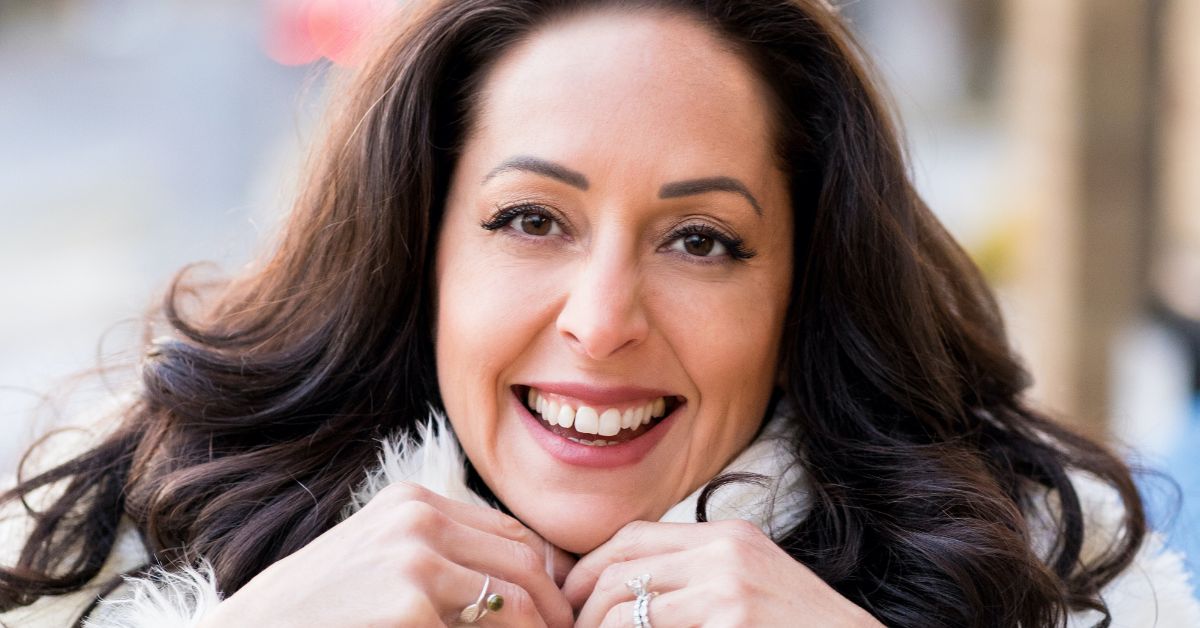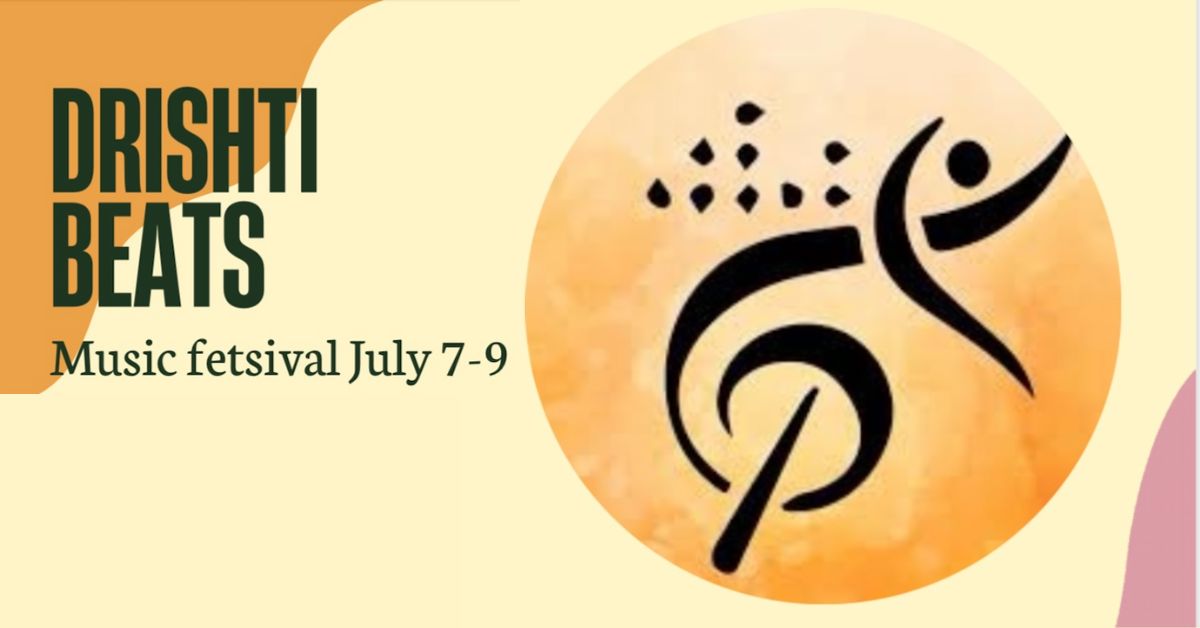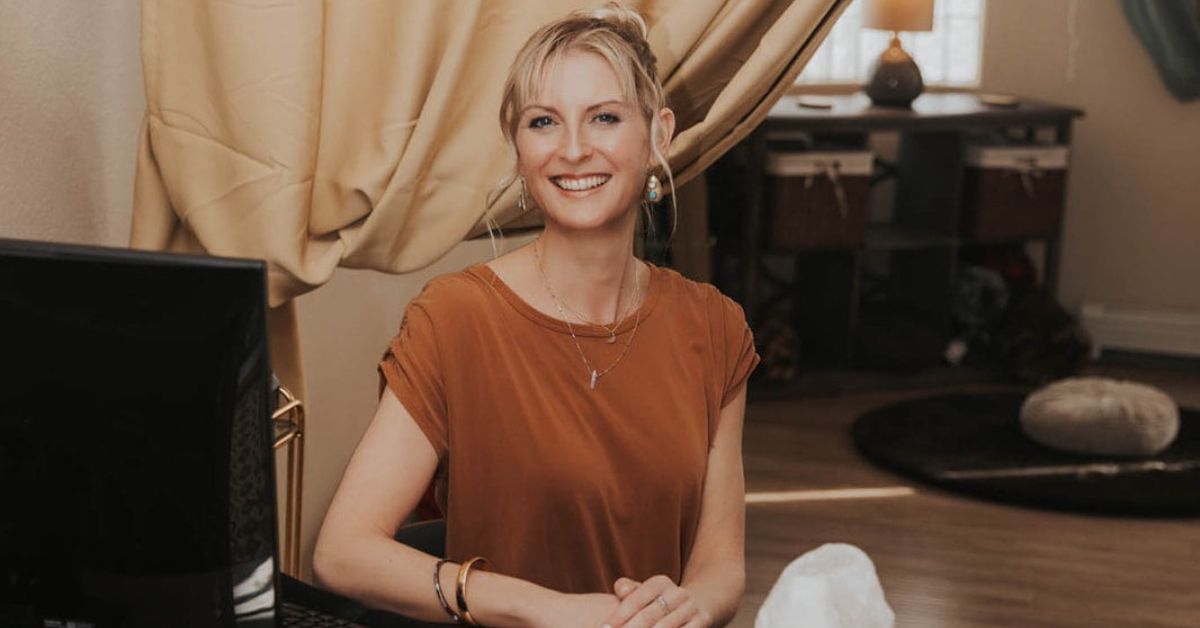How were/are you able to work through the painful parts in the retelling without opening new wounds?
LAURA: We discovered many untold truths about each other while writing our book. We have historically had a close relationship but our sobriety added total honesty to our relationship. One of the most painful things for me was learning more than I already new about Tommy’s experience at the prep school where he was emotionally and violently bullied. The darkness he felt during that time and during his active addiction was heart wrenching. Those parts of his story revealed a new dimension of pain that I felt for him as a parent. I was so blown way by his honesty and being able to tell the story so clinically. We agreed to talk and it prompted another Step 9 that I believed I owed Tommy. I am his parent and as much as I feel my husband Tom and I acted proactively during this chapter in his life, there were still things that were deep inside Tommy that needed to be revealed. I believe that it was so healing for Tommy and as a parent. I needed to hear those truths so that I could process a few of what I believed to be my failures as a caring parent. It was truly cathartic. I was seeing an amazing therapist through the process of writing our book. Tommy also sought therapy for his well-being. I believe that our individual wounds and mutual wounds are mending. We are continually working on ourselves and in this process, we are healing. Tommy has slayed so many dragons and the timing is up to him with the help from his higher power and support system. He never ceases to amaze me. He is forgiving and accepting and for that I know his healing will continue. For me, I try to remain patient. When things rear their ugly head, I deal with those feelings. We have experienced overcoming so much as sober individuals, that when things seem difficult, we can reflect and pool our resources of support to move through the challenge of pain and not around it.
TOM: For me personally I don’t think my old wounds ever closed. I don’t think that they ever will and I am okay with that. I think that in a healing process I learn about myself and use my past as a tool to move forward. What not to do, how to help others and so on. I do know that during this process I was able to grow a stronger relationship with my mother. That was a huge piece from writing our book. We bonded immensely.
“Expressing gratitude every morning after I read a daily meditation is critical.”
What are some of the ways in which your addiction journeys differ? And, how do you help each other understand your perspectives without slipping into unhelpful patterns?
LAURA: So my addiction journey is one of devotion to maintaining my sobriety. As a sober person, I can listen and contribute more honestly and productively. I believe community service is a huge piece of my recovery. Meditation is the essence of obtaining peace for me. When I am not consistent I feel disconnected. When I know that things can be a source of loving kindness towards myself and I don’t practice those daily objectives and opportunities, I feel a disconnect. In order for me to maintain my emotional sobriety and openness to working and connecting with my God, I must do a few daily things to maintain my daily reprieve from insanity. I must connect with people in my program of recovery everyday. Expressing gratitude every morning after I read a daily meditation is critical. I go to recovery meetings. When I don’t attend at least three a week I feel squirrelly. I don’t crave alcohol (yet) but I do feel certain insecurities. I focus on things out of my control and my breathing is just shallow and stress ridden. Why do I not do this perfectly, well so far, the only thing I can do perfectly is by not drinking. But if I continue to feel restless and discontent, I can usually draw a straight down hill line to my current spiritual condition this is where the honesty really comes in and I must be rigorously honest about how I’m feeling. It’s imperative that I pick up where I left in immersing myself into my program. Tommy’s recovery is amazing. I stay out of his recovery. If he asks me how I feel, I will offer my honest answer.
Tommy is a “big book thumper,” meaning he goes by the book and keeps it simple. He is dedicated to his program of recovery and I admire him so much. He constantly helps other people and is an authentic and loyal son, brother, friend and partner. We don’t agree on some things but we remain respectful. Our mutual programs have contributed everything to us in the way of honest listening and giving each other the space and time to take care of ourselves as individuals. Our relationship keeps growing and is enriched by our commitment to our health and well-being.
TOM: My addiction journey started and took off faster than my mother’s. For whatever reason hers went dormant for several years. Mine began at a young age and took off like a bullet. The time of use and the specific substances differ but our thinking in the way we used those substances was the same. In terms of recovery, I don’t compare mine to anyone else. Its a very personal journey for each person.
We all have struggles. What are some of the things each of you do to re-balance when you’ve stumbled in some way?
LAURA: Going to a meeting right away is the answer for me. The next best way for me to re-balance is to spend time mediating and connecting with people in recovery that put their well-being first. Being with my husband and our 4 boys is incredibly grounding. My relationship with Tom and our boys is everything to me. We are very close and this brings me to what is really important in life and the things that matter most. Without my sobriety, I would jeopardize everything that matters to me. I think about this and bring what a relapse would do to me full circle. Addiction is powerful, so I work on making my recovery more powerful.
TOM: Well I try to preemptively do things to put myself in a good spot in case of anything that could potentially happen. I have some things that I do on a daily basis to stay in a proper head space and when I need to re-balance I just focus on those things more.
Have you noticed a change or found a need to change your healthy recovery habits during the pandemic? Do you have any advice for someone who may find themselves or someone they love slipping towards (or further into) addiction during these uncertain and isolating times?
LAURA: Absolutely. I have had a lot of time to think about so much. What do I get to do with all of this time? The key words are “what do I get to do?” Yoga with my dog, walk with friends, make all meals at home and spend more time talking to my husband. Although the pandemic hit all of us in so many ways, we do “get to do” other things that strengthen us. Zoom recovery meetings and many conversations with positive people kept me sane. We were able to write our book which opened so many doors of communication with my husband and our boys. It was an optimal period of growth for all of us. I found working out in the way that I was, impossible. So the solution to work out at home or at the very least, get outside and walk was a great option. Meditation, reading, working on organizing the house and closets, donating so much that we really do not need were and a very cleansing process. For those still in pain, loneliness, frightened and ill I have a recommendation that takes courage. Call someone and tell them how you read feeling and ask for help. If that were an easy task, we would have far less fatal outcomes. We should all be outside breathing fresh air. Lean into your faith. There are solutions for all of us; it’s just not easy. But once we reach out it will be easier every time we reach out in the future when we need something. Walking, talking, praying . . . laughing. It’s so difficult to watch someone slip away due to addiction. It takes a village and we all need help from time to time. It’s normal. But addiction, although common, is not normal. It steals your soul and purpose. The best thing to do is surrender and trust that life will get better if you reach out for help. We all need to be there for our family, friends,
co-workers and strangers. We need each other as interdependent human beings. Not controlling, enabling and abusively, but as living, breathing, listening, kind people. It sounds idealistic, but I needed help and found it when I asked. It was a miracle. There are a lot of little miracles if we open ourselves to seeing and being aware of our own true feelings. I could go on but the catch is being comfortable with eating some humble pie and becoming honestly bvulnerable about needing help. This is where the strength lies . . . this as well as underlying and ever-growing faith.

TOM: I really have not changed all that much during the pandemic. There are always ways to stay connected. My inperson get-togethers were stopped for a while but I used Zoom and my phone to continue my life. I think for people who are trying to get sober during the pandemic it would be very difficult. But if you want to get sober there are still ways. There are people a phone call away who can help.
What are you working on now? What are you looking forward to doing or learning, either together or individually,in the coming year?
LAURA: Right now, I am participating in recovery podcasts. We will have our first book signing with the launch of Mind Body Soul magazine. This will bring our family together for this event. I am slowly working on my next book which is a challenge beyond words. My husband and I have plans to travel which definitely feeds our souls. I need to continue exploring opportunities with self-care, nutrition, activity, and continued work to learn and grow. It’s a tough world out there. I like making contributions and helping in different ways. I’m very concerned about human trafficking so I’m making it a goal to contribute in a way that can help chip away at this horrific problem in our country and the world. It’s important that I stay continually connected with my program of recovery as well as be available to those who reach out for help. There are endless opportunities.
TOM: I am just working on staying present for my family. I am working on getting my first home and settling in. I am also trying to grow my business and recoup from the pandemic. I have been doing a lot of podcasts and interviews for recovery and that has been a lot of fun. I also like to rephrase and ask: “What are one to three things I can do to better support and be a friend to someone struggling with addiction?” The best way to support someone in addiction is to let them to experience their own journey. Do not enable them. Above all, express and show love. Do not preach or nag. Take care of yourself and maintain healthy boundaries. Let them find their way with the knowledge that you are there for them in sobriety but not in their active addiction. If you want to offer solutions, seek guidance first so they are productive. Of course, if you feel that lives are at risk then it’s imperative to get care immediately. I am not a counselor and I highly recommend counseling whether it’s clergy, a counselor, coach or anyone qualified and informed. I would suggest going to a Al Anon meeting. I think it is very hard to support somebody in recovery or struggling unless you have a good sense of what is actually going on. Not just the version YOU see. Al-Anon can be very helpful in that way.
